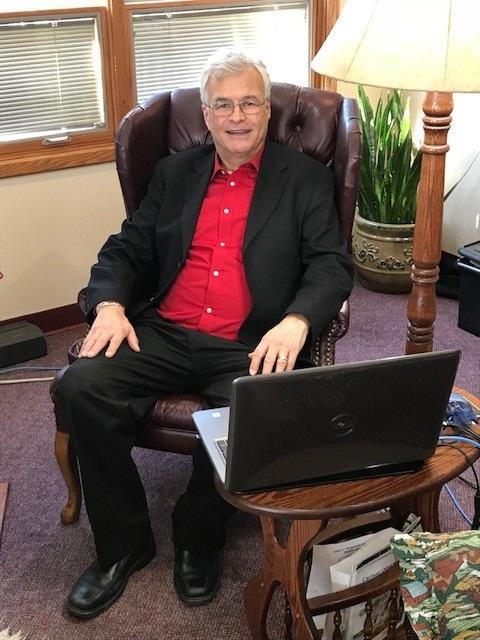
When seeking out treatment from any licensed mental health care provider such as a - psychologist, psychiatrist, counselor, or social worker some may advertise that they provide holistic (sometimes also known as wholistic) care. What do they mean by this? You need to carefully discern what their specific beliefs and practices are and how it fits within your belief system. Usually, a holistic practitioner in addition to applying traditional treatment approaches that are commonly used in mental health care and treatment will also commonly include an integration of beliefs, methodologies, or philosophies emphasizing the association between mind, body, soul or spirit. They may discuss how diet, nutrition, the use of herbs, vitamins, supplements, and homeopathic remedies are used by some individuals for promoting and improving mental well-being. However, unless the practitioner is licensed to do so they cannot prescribe vitamins or supplements and cannot perform the services of a dietician, naturopath, or nutritionist. They may discuss about the benefits of chiropractic care and refer you to a chiropractor. They may explore with you the benefits of practicing mindfulness techniques, suggest the possible benefits of acupuncture, doing yoga, tai chi, or qigong, or may suggest the value of other types of “energy work” – which consists of a variety of different approaches all of which have a commonality in a belief that there is an energy field that flows throughout and around our physical body which Chinese Medicine has utilized for thousands of years to treat physical and mental conditions. These are becoming concepts that are becoming more familiar to practitioners of Western Medicine and increasingly being accepted as Complementary and Alternative approaches toward healthcare. However, in addition, there exists a whole range of continuum of beliefs and practices that exist outside of this. Some holistic practitioners may hold traditional Christian-Judeo Christian beliefs. Other holistic practitioners may include and teach spiritual beliefs and traditions outside of a Judeo-Christian religious tradition such as Buddhism, Hinduism, Shamanism, or Neo-paganism. As a practicing Christian I counsel people to be familiar with the specific approaches that the holistic practitioner uses. It is important that you clarify and have an assurance that the practitioner will respect your own spiritual or religious beliefs and not suggest any interventions that are not in line with your own belief system. Ask yourself how comfortable or uncomfortable do you feel about their responses to your questions? Do not follow through anything if you are uncomfortable with any specific approaches that just does not feel consistent with your own personal spiritual beliefs. In summary, there is a whole continuum of beliefs and concepts associated with the term holistic care. The further removed from traditional approaches and the inclusion of belief systems outside of the Judeo-Christian spiritual belief system the more esoteric and metaphysical are their approaches likely to be. As with any practitioner providing mental health care they should respect your own specific spiritual/religious beliefs and your desire to include or not include in your treatment any discussion of spiritual or religious beliefs http://emapdrschulz.com